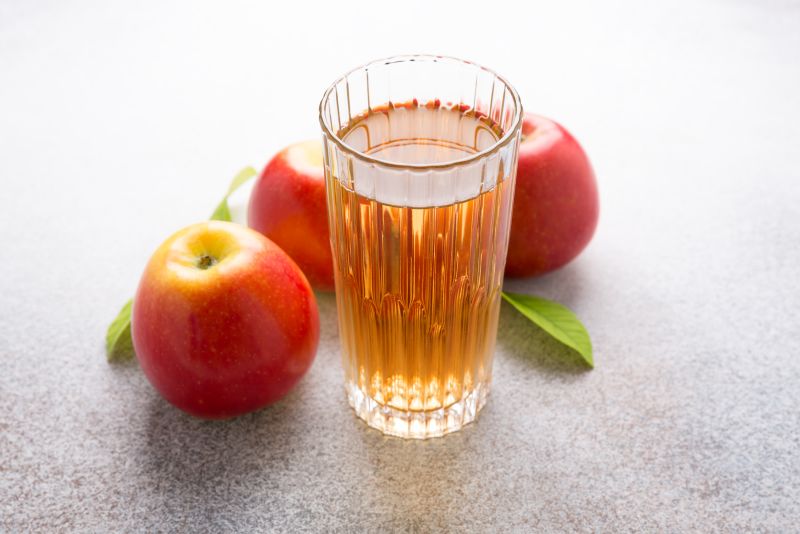
The Impact of 100% Juice on Weight Gain: What You Need to Know

The link between 100% fruit juice consumption and weight gain in both children and adults has raised concerns. A new study's findings and expert opinions shed light on the potential impact of juice on health. Learn about the risks and recommendations for juice intake.
Understanding the Link Between 100% Juice and Weight Gain
A recent study has revealed a concerning association between the daily consumption of 100% fruit juice and weight gain in both children and adults. The findings of this study have sparked discussions among health experts and raised questions about the potential risks of consuming fruit juice on a regular basis. According to the analysis of prior studies, drinking a glass or more of 100% fruit juice each day was linked to a small increase in weight in both children and adults.
A spokesperson for Consumer Reports questions if the limit is low enough.
This revelation has led to a deeper examination of the quantity and impact of fruit juice consumption. Dr. Walter Willett, a leading nutrition researcher, highlighted a fundamental problem with juice consumption, emphasizing that it is easy to consume a large quantity of fruit in the form of juice, leading to an excessive intake of calories and a spike in blood glucose. The implications of long-term high sugar intake, including insulin resistance, metabolic syndrome, diabetes, heart disease, and obesity, have raised concerns among experts.
One hundred percent fruit or vegetable juice should not be consumed as a daily serving for nutritional health, said Dr. David Katz, founder of True Health Initiative. Prioritize whole fruits instead.
The American Academy of Pediatrics (AAP) has issued guidelines to address the rising rates of childhood obesity and dental cavities, advising parents and guardians to limit juice intake for children of different age groups. Additionally, health professionals have emphasized the importance of prioritizing whole fruits and vegetables over 100% fruit juice for nutritional health.
The natural sugar found in fruit is released slowly into the blood when it's consumed whole.
The Impact of Juice on Health and Nutrition
To understand the impact of 100% fruit juice on the body, it is essential to distinguish between consuming whole fruits and their juice. While whole fruits release natural sugars slowly into the blood, fruit juice can lead to a rapid increase in blood sugar levels. This influx of sugar can have detrimental effects on the body, including the conversion of excess calories into fat by the liver.
Furthermore, the method of calorie consumption also plays a crucial role in regulating food intake. When calories are consumed in solid form, the brain can effectively register these calories and adjust food intake accordingly. However, consuming calories in liquid form, such as through fruit juice, may not trigger the same sense of fullness, potentially leading to overeating.
POV angle Asian Toddler female very happy to buying a snack and sitting in shopping cart with her parent
Guidelines and Recommendations for Juice Intake
Based on the findings of the study, national nutritional guidelines recommend that teens and adults limit their daily intake of 100% juice to 8 ounces. Additionally, juice should not be considered a healthy alternative for quenching thirst, and its consumption should be limited to occasional indulgence rather than daily health practice.
Experts have stressed the importance of educating parents and caregivers about the potential impact of excessive juice consumption on weight gain. While the changes in BMI associated with juice intake may appear small on an individual level, the cumulative effect on the population can be significant, especially considering the common practice of consuming larger quantities of juice than the recommended servings.
In light of these findings, health professionals advocate for offering whole fruits as snacks and treats, instead of relying on fruit juice. The nutritional benefits of whole fruits, including fiber and essential nutrients, make them a preferred choice for maintaining overall health and well-being.

















